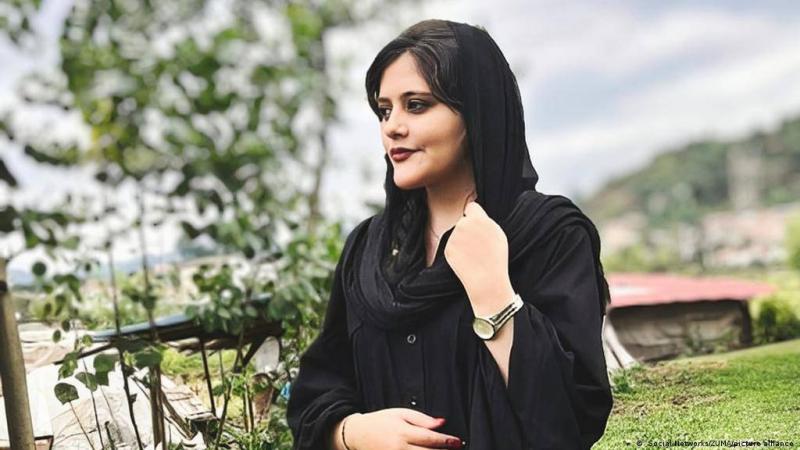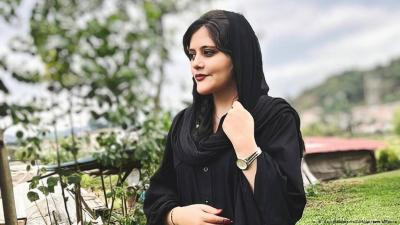Witnesses, human rights groups, and social media posts reported on Friday that Iranian security forces were deployed in the hometown of Mahsa Amini in anticipation of unrest on the first anniversary of her death, which falls tomorrow, Saturday. Amini's death (22 years old) while in the custody of the morality police on September 16 sparked months of anti-government protests, turning into the largest show of opposition to Iranian authorities in years. The morality police arrested Amini for allegedly violating the mandatory dress code of the Islamic Republic. Many, often led by women and youth, called for an end to the clerical rule that has lasted over four decades. Human rights groups reported that over 500 people, including 71 minors, were killed, and hundreds injured, with thousands arrested during the unrest that was ultimately suppressed by security forces.
A right-wing activist in Iran told Reuters: "There is a heavy presence of security forces in Saqez," referring to Amini's hometown in the Kurdish region in the west of the country. Another activist reported a small crowd of protesters chanting anti-government slogans before dispersing quickly. The activists spoke on the condition of anonymity for fear of government retaliation amid a rising crackdown on dissent as the anniversary of Amini's death approached. Social media posts indicated an increased security presence in several cities, particularly within Kurdistan, though these reports could not be independently verified.
The Hengaw Organization for Human Rights, based in Norway, stated that several Kurdish cities in western Iran "experienced an atmosphere of intimidation and a declaration of a state of war in recent days," adding that many citizens had been arrested. Hengaw noted that troops had stationed themselves atop a hill overlooking Saqez while residents observed increased helicopter activity over the city. Social media posts from residents in Saqez claimed that authorities had installed new surveillance cameras throughout the city, apparently to monitor protesters and identify them. Reuters was unable to verify any of these accounts.
Iranian authorities accused the United States, Israel, and their agents within the country of being behind the unrest to destabilize the Islamic Republic. Amnesty International reported last month that Iranian authorities "arrest family members of victims arbitrarily and impose strict restrictions on peaceful gatherings at cemeteries, destroying the victims' gravestones." Relatives of the Kurdish young woman informed Reuters that security forces detained Saffa Ali, Amini's uncle, on September 5. According to Iranian and Western human rights groups, many journalists, lawyers, activists, students, academics, artists, public figures, and members of ethnic minorities accused of being linked to the wave of protests, as well as relatives of protesters killed in the unrest, have faced arrest, summons, threats, or job dismissals in the past few weeks. The Iranian daily "Etemad" reported in August that Saleh Nikbakht, Amini's family lawyer, was also accused of "spreading false propaganda against the regime," and could face a prison sentence ranging from one to three years if convicted.




